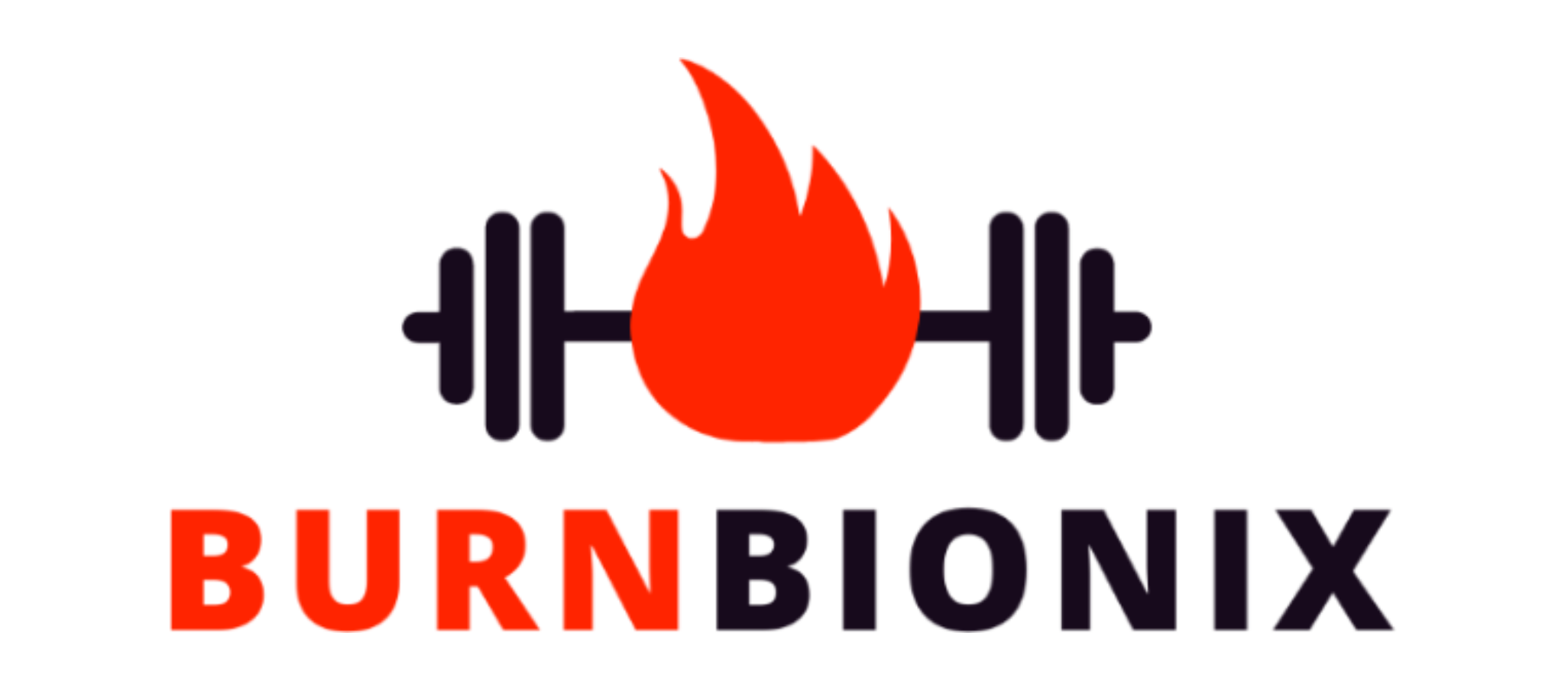Hunger games, anyone? Intermittent fasting isn’t just a fad; it’s a strategic dance between eating and fasting periods. But it’s not all about stomach rumbles. There’s a health bonanza waiting to be explored. In this guide, we’ll peel back the layers on how it touches your body and health.
How Intermittent Fasting Works
During intermittent fasting, you alternate between periods of not eating and windows where you consume meals. Without new glucose entering from carbs during the fasting stretches, your body needs other energy sources. It first burns through the glucose stored in your muscles and liver called glycogen.
When that stash depletes, your metabolism makes a shift to burning fat and ketones for fuel instead of glucose. This transition is part of your body’s natural adaptive response to fasting. It also provides health perks like improved insulin sensitivity.
Benefits of Intermittent Fasting
Research indicates intermittent fasting may provide various potential health benefits. Let’s explore some of the key perks:
Fat Burning
When food takes a break, our body doesn’t just sit idle. It dives deep into its fat reserves, burning them for energy. This not only boosts the metabolic rate but also sets the stage for more consistent weight loss. It’s like unlocking a hidden fuel source that’s been waiting for its turn in the limelight.
Insulin Sensitivity
Cycling between fasting and feeding periods has been shown in multiple studies to increase insulin sensitivity, which is crucial for blood sugar regulation and reducing risk of developing type 2 diabetes or metabolic disease.
Cellular Repair
Cells, our body’s building blocks, thrive on maintenance. Fasting kickstarts the repair process, ushering in autophagy. Here, cells declutter, discarding damaged parts and making room for the new. This rejuvenation ensures our cells operate at peak efficiency, leading to a healthier, more vibrant you.
Heart Health
Intermittent fasting might just be the cardio workout your heart didn’t know it needed. This dietary approach has been linked to improved cardiovascular markers—think lower blood pressure, cholesterol, and reduced inflammation. It’s a holistic boost, ensuring our heart remains robust and resilient against potential ailments.
Brain Function
Fasting’s benefits aren’t just skin deep. The brain, our intellectual epicenter, might also gain from this practice. Enhanced cognitive functions, sharper memory, and potential safeguards against degenerative conditions like Alzheimer’s are some of the perks on offer. It’s a brain boost, ensuring we remain sharp and focused.
Longevity
The secret to a longer life might lie in the fasting realm. Intriguing animal studies hint that periods of not eating can potentially extend lifespan. It’s as if by taking occasional breaks from food, we’re allowing our body to reset, repair, and rejuvenate, setting the stage for a longer, healthier life journey.
Weight Loss
Beyond its fat-burning prowess, intermittent fasting can rein in those unruly hunger pangs, leading to reduced calorie intake. Instead of short-lived diet trends, fasting provides a balanced approach to weight management, aligning with our body’s natural rhythms for a sustained weight loss journey.
Reduced Inflammation
Chronic inflammation is often a silent alarm, a precursor to numerous ailments. Fasting acts like a natural anti-inflammatory agent, reducing markers of inflammation in the body. By keeping inflammation in check, fasting offers a protective shield against a myriad of chronic diseases, ensuring we remain in optimal health for longer.
Lower Cholesterol
LDL, often dubbed the ‘bad cholesterol’, meets its match in fasting. There’s promising evidence to suggest that regular intermittent fasting can reduce LDL levels, ensuring our arteries remain unclogged and free-flowing. It’s a heart-friendly move, one that promises better cardiovascular health and fewer complications down the line.
Cancer Protection
The battle against cancer gets a potential ally in fasting. Preliminary research suggests that fasting might inhibit tumor growth and even enhance the efficacy of certain cancer treatments. While it’s not a magic bullet, the potential protective effects of fasting offer hope in the relentless fight against this dreaded disease.
Improved Sleep
Restful nights might be an added bonus with intermittent fasting. Many enthusiasts report a deeper, more rhythmic sleep cycle, leading to mornings filled with vigor. By aligning with our body’s natural clock, fasting might just be the bedtime story we didn’t know we needed.
Potential Risks of Intermittent Fasting
While promising, intermittent fasting does come with some potential risks and side effects to be aware of:
Nutrient Deficiencies
Prolonged periods of fasting can result in deficiencies in important nutrients like vitamins, minerals, protein, fatty acids, and fiber over time. This may lead to symptoms such as unintentional weight loss, fatigue, mood changes, dizziness, hair loss, and problems with concentration and cognition.
Dizziness and Nausea
Some individuals diving into intermittent fasting might find themselves feeling light-headed or queasy. This reaction can be a byproduct of the body adjusting to prolonged periods without food. While these symptoms might be temporary for some, it’s essential to be aware of them and to consider modifying the fasting routine or seeking guidance if they persist.
Insomnia and Sleep Problems
It’s paradoxical, but even as your stomach rests, you might find it challenging to catch some shut-eye. The alteration in dietary patterns can sometimes upset our sleep cycle, leading to insomnia. Regular sleep patterns might get disrupted, emphasizing the importance of monitoring how fasting impacts all aspects of health.
Headaches
Fasting can sometimes introduce a recurring guest: the headache. This discomfort might be a result of the body adjusting to changes in blood sugar levels or possible dehydration. While this isn’t a universal side effect, it’s good to be prepared and aware, ensuring you’re equipped to handle or prevent it.
Hunger and Cravings
Intuitively, fasting will stoke the flames of hunger. But beyond the physical sensation, there’s the mental aspect of cravings. The allure of certain foods might intensify, making the fasting journey a tad challenging. Recognizing and differentiating between genuine hunger and mere cravings can be pivotal in making the fasting experience smoother.
Dehydration
Amid the focus on food, hydration can sometimes take a backseat during fasting. The reduced food intake might inadvertently lead to reduced water intake, culminating in dehydration. It’s a gentle nudge to remember that while your food intake varies, your hydration needs remain consistent.
Disordered Eating
There’s a thin line between a disciplined fasting routine and disordered eating patterns. For some, the rigidity of fasting can blur this line, leading to unhealthy relationships with food. It’s essential to approach intermittent fasting with awareness and ensure it doesn’t inadvertently foster negative eating behaviors.
Muscle Atrophy
Protein is the building block of muscles. While fasting, especially during extended periods, if protein intake isn’t adequate, there’s a risk of muscle loss. This potential side effect underscores the importance of ensuring that meal planning during eating windows is robust, balanced, and nutrient-dense to support overall muscle health.
Final Thoughts
The research on intermittent fasting continues to grow. For many people, it can offer health advantages like enhanced fat burning, improved insulin sensitivity, reduced inflammation, and better heart and brain health. However, intermittent fasting is not for everyone. Downsides like nutrient deficiencies, dehydration, and disordered eating patterns are possible without proper precautions. As with any major lifestyle change, speak with your healthcare provider first to see if intermittent fasting aligns with your health goals and is appropriate based on your medical history and current health status.









